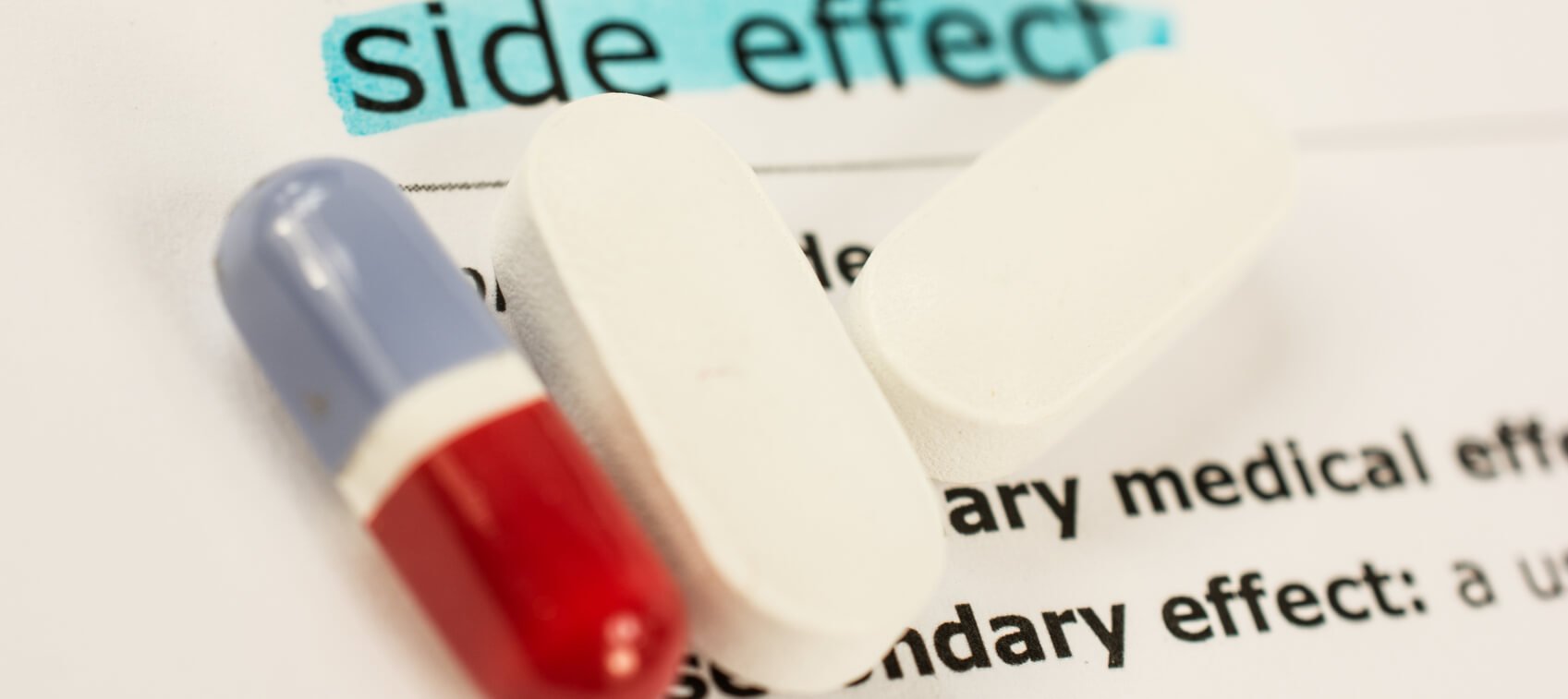
As many of you know, I firmly believe doctors overprescribe cholesterol-lowering statin medications. In my opinion, only middle-aged men with coronary artery disease should take statins. That group has the most to gain. For most people, though, the long list of statin medication side effects makes them not worth the risk.
Regardless of that fact, doctors still write prescriptions for statin medications in record numbers and send patients off to the pharmacy with little or no information about the risks. Here’s what you need to know about the side effects, starting with diabetes.
Can Statins Cause Diabetes?
In 2003, researchers released results from the JUPITER study amid huge fanfare—suggesting that the statin medication Crestor® was a heart disease “cure-all” and should be used for primary prevention. As a result, doctors prescribed statins in record numbers, even for patients with normal LDL cholesterol levels. Yet, what got lost in the hoopla was that those taking Crestor developed diabetes at a higher rate than the placebo group.
Studies have also shown that when it comes to diabetes high-dose statins are riskier than low-dose statins. A Journal of American Medical Association (JAMA) study compared the diabetes risk for those taking a daily high-dose statin of 80 mg, to those taking lower doses—and found that the high-dose statin group had a 12% increased risk.
The exact mechanism of why statins can lead to diabetes hasn't been confirmed, but there are several things we do know. Research has found that statins affect the HMG-coenzyme A reductase pathway, the same pathway that can lead to weight gain, insulin resistance, and diabetes. Those with a genetic weakness are especially vulnerable.
Statins also impede important biochemical pathways as they block cholesterol, such as the production of coenzyme Q10 (CoQ10) and agents that impact insulin growth factor (IGF). Abnormally low IGF-1 levels are associated with the premature development of type 2 diabetes. Plus, statins lead to insulin resistance and weight gain.
The diabetes-statin medication link is so strong that in 2012 the FDA began requiring statin drug manufacturers to add a warning that they can raise blood sugar levels—and contribute to memory loss.
Statin Drugs and Memory Loss
Cholesterol is vital for brain function. Your brain needs cholesterol for the formation and function of synapses, which are the connections between the neurons in your brain that enable you to think and process information. It’s so important, in fact, that your brain produces its own special supply of cholesterol—and when you inhibit that, it makes it tough to think.
The insanity about treating total cholesterol and getting LDL cholesterol down to less than 60 is absolutely causing memory issues. The gray matter of the brain is 60 percent to 70 percent fat, and you need cholesterol in the brain. Cholesterol forms the sheaths that surround our neurons, and it’s vital for neurotransmitter delivery (the signals between neurons). Without cholesterol, cognition goes down. If LDL cholesterol gets too low, it can even cause total global amnesia. This means you can forget where you are and who you are, for a few minutes or even several hours.
More Side Effects of Statins
In addition to diabetes and memory loss, statin medication side effects can include:
- Dizziness
- Headaches
- Extreme fatigue
- Swelling of the ankles
- Muscle pain and weakness
- Flu-like symptoms
- Generalized soreness
- Sleep problems
- Liver dysfunction
- Neuropathy (nerve damage)
- Increased risk of breast cancer for women
Statins can also cause depletion of coenzyme Q10 (CoQ10), which weakens the heart muscle and immune system. Plus, they can deplete vitamins A, E, B12, and essential minerals. Statin use can also cause excessive metabolic stress on the liver when taken in combination with long-acting (time-released) niacin.
Who Should Take Statin Medications?
In my opinion, the only people who should be on a statin medication are middle-aged males with coronary artery disease. For these patients, the benefits outweigh the potential risks. However, the chief benefit isn’t cholesterol lowering. Rather, it’s the anti-inflammatory and blood-thinning properties of statins. I’m also adamantly against statin medications for cholesterol-lowering in younger to middle-aged women because the benefits are not worth the risk.
If you’re on a statin drug, you MUST take coenzyme Q10 (Co10) because these medications deplete the body of this important nutrient. At a minimum, you want to take 200 mg of highly absorbable CoQ10 in divided doses with your statins. That’s just a smart practice.
How to Undo the Side Effects of Statin Medications
If you’re suffering from side effects, you may want to consider stopping your statin medication. But discuss that with your doctor first! In certain cases, stopping the use of statin drugs can be life-threatening so you want to do that under a doctor’s care.
Once you get off the statin, you can begin to rebuild your muscles and your heart with these four nutrients:
- Coenzyme Q10 (CoQ10) (200 mg daily, in divided doses)
- Magnesium (200 to 600 mg daily)
- L-carnitine (500 to 1,000 mg daily)
- D-Ribose (5 grams two to three times daily)
If you’re suffering from polyneuropathy, which is nerve damage that affects the feet and hands causing weakness, loss of sensation, or burning pain, I recommend taking 300 to 600 mg of alpha-lipoic acid a day.
Finally, be very optimistic. I’ve seen this regimen work again and again over the years. Once you allow the statin drugs to clear your system, and begin rebuilding with the right nutrients, you will not only reverse the side effects of statins—you’ll thrive!


